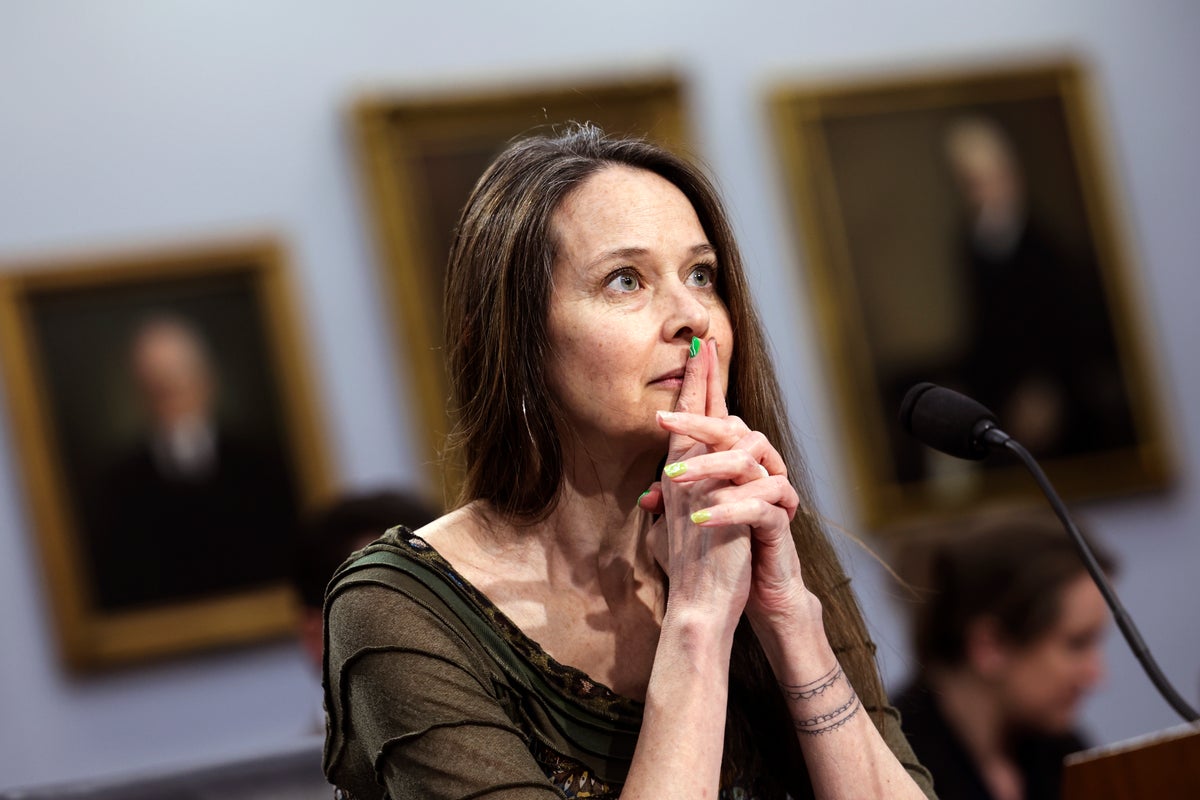An unforeseen storm of “casually manufactured outrage” recently engulfed a seasoned Army veteran, leading to the abrupt rescission of her prestigious appointment to the Social Sciences Department at West Point. This incident highlights the volatile intersection of public sentiment and US politics, demonstrating how quickly established careers can crumble under intense scrutiny fueled by external pressures. The sudden reversal of a significant military appointment has sparked considerable debate regarding the influence of social media figures on governmental decisions.
The individual at the center of this political controversy is Ms. Easterly, a respected veteran whose service spanned the Bush II, Obama, and Biden administrations. Her diverse experience positioned her as an ideal candidate for the distinguished chair role at the venerable military academy, a testament to her bipartisan appeal and extensive public service record. The initial appointment was seen as a move to bring varied perspectives to the academic curriculum at West Point.
However, her brief tenure was dramatically cut short following vocal complaints orchestrated by Laura Loomer, a prominent far-right provocateur and staunch ally of former President Trump. Loomer publicly accused Easterly of being a potential “mole,” effectively leveraging her platform to sow seeds of doubt and distrust regarding the veteran’s suitability for the esteemed academic position. This swift online campaign rapidly escalated into a full-blown public outcry.
In a statement released shortly after the decision, Easterly herself addressed the tumultuous events, lamenting that her opportunity to serve at West Point was “drowned out by the quiet labor of truth and the steady pulse of integrity.” Her words underscore the profound impact of online activism and the power of targeted campaigns to derail what might otherwise be considered merit-based selections. The episode serves as a stark reminder of the challenges faced by public servants.
Despite holding no official position within the current administration, Laura Loomer has carved out a significant niche as an unofficial “vetter” of government officials. Her self-appointed role has, on multiple occasions, proven remarkably effective in orchestrating the ouster of individuals she deems disloyal or undesirable. This pattern of intervention illustrates a growing trend where influential public figures wield considerable, albeit unofficial, power within the sphere of US politics.
The repercussions of Loomer’s campaigns extend beyond this single incident, having reportedly led to the departure or refusal to promote several staffers and officials who found themselves in her crosshairs. This demonstrates a troubling precedent where individuals’ careers are significantly impacted by online accusations and orchestrated dissent, rather than formal processes or official evaluations. The chilling effect on military appointments is a concern.
The rapid collapse of Easterly’s appointment at West Point provides a compelling case study on the mechanics of modern political controversy and the pervasive reach of digital activism. It forces a critical examination of how information, or misinformation, can be weaponized to generate a widespread public outcry capable of influencing high-level decisions within governmental and educational institutions. The incident underscores the fragility of public trust.
Ultimately, this situation underscores the ongoing tension between traditional governance and the decentralized power of digital influence. As figures like Laura Loomer continue to command significant online followings, the ability of individuals to serve based on their qualifications and experience may increasingly be subjected to the unpredictable currents of online outrage, shaping the landscape of US politics and public service for years to come.






Leave a Reply